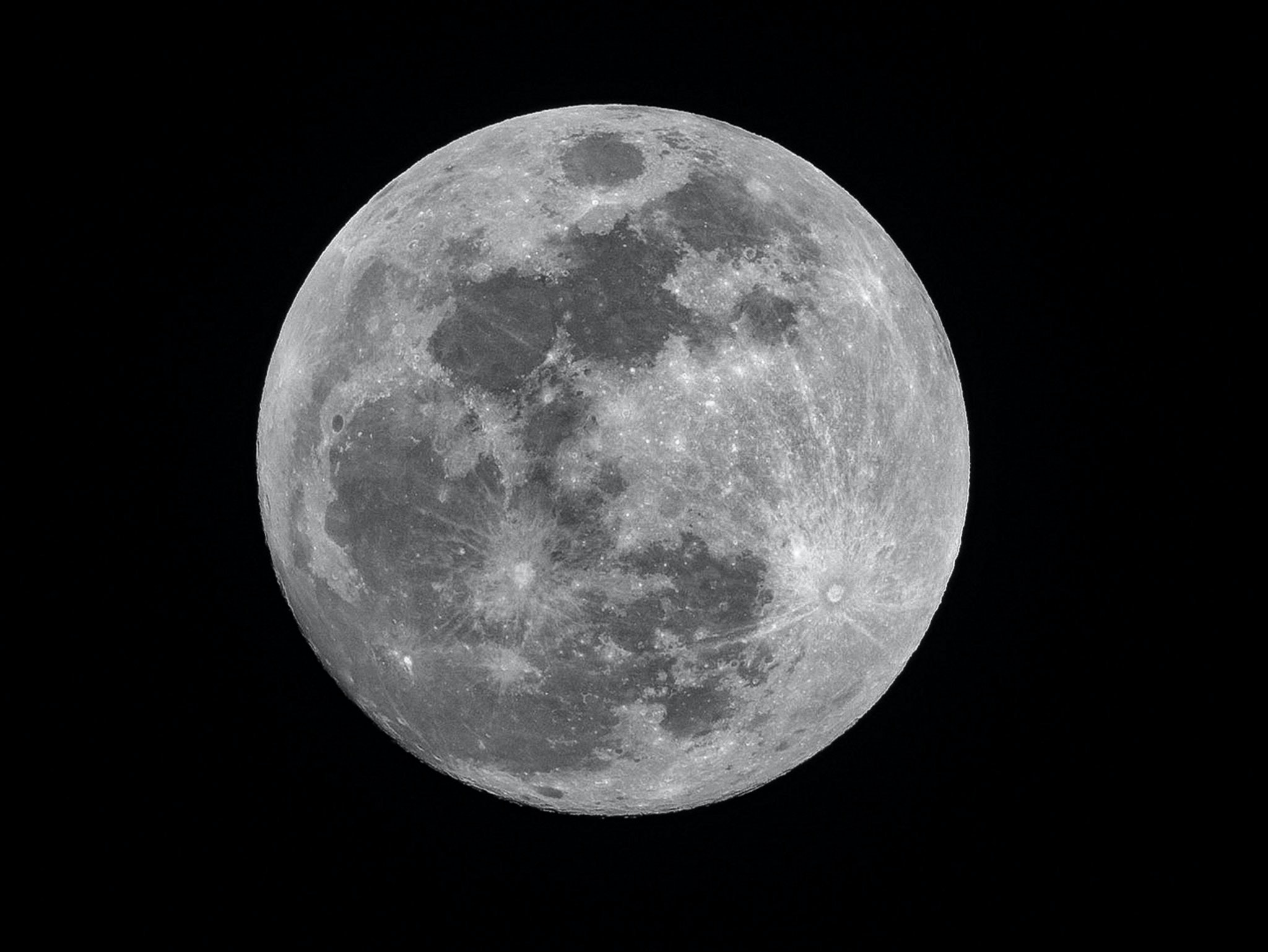Mystical Experience Philosophy: A Journey into the Realm of Transcendence
Throughout history, humans have sought to explore the depths of existence beyond the physical world. Mystical experiences, characterized by a profound sense of interconnectedness, ineffable knowledge, and a glimpse into the transcendent, have fascinated philosophers, theologians, and spiritual seekers alike. This branch of philosophy seeks to understand and interpret these experiences, offering insights into the nature of reality and the human condition. In this blog post, we will delve into the depths of mystical experience philosophy, exploring its origins, key concepts, and profound implications.
Origins of Mystical Experience Philosophy
Mystical experiences have been recorded in various cultures throughout history. Whether it be within the context of shamanic rituals, religious practices, or spontaneous encounters, individuals have reported profound encounters with the divine, ultimate reality, or a transcendent realm.
One of the earliest recorded mystical experiences can be found in the writings of the ancient Greek philosopher Plato. In his famous work, “The Symposium,” Plato describes the ascent of the soul towards the contemplation of beauty, truth, and the forms. This ascent, as depicted in the allegory of the cave, reflects the journey from a state of ignorance to the illumination of transcendent truths.
As philosophical traditions evolved, mysticism found its place within various religious and spiritual frameworks. In Eastern philosophy, the Upanishads, a collection of ancient Indian texts, explore the concept of “Atman” (the individual self) merging with “Brahman” (the ultimate reality). Similarly, in Taoist philosophy, mystical experiences are often associated with the union of Yin and Yang, representing harmony and balance in the universe.
The modern study of mystical experience philosophy gained momentum during the 20th-century, with scholars like William James and Rudolf Otto leading the way. James, in his influential book “The Varieties of Religious Experience,” examined mystical experiences across different religious traditions, highlighting their common features and transformative potential. Otto, on the other hand, emphasized the “numinous,” a mysterious, awe-inspiring quality that accompanies encounters with the transcendent.
Key Concepts in Mystical Experience Philosophy
To better understand mystical experiences, scholars and philosophers have identified key concepts that provide a framework for analysis and interpretation.
1. Transcendence
Central to mystical experience philosophy is the idea of transcendence – the notion that mystical encounters go beyond ordinary perception and understanding. This transcendent realm often eludes description, as it surpasses the limitations of language and concepts. Mystics often speak of a profound interconnectedness with all things, a sense of unity beyond the physical world.
2. Divine Presence
Mystical experiences are frequently associated with encounters with a divine presence or an ultimate reality. This presence is often described as ineffable, beyond human comprehension, and imbued with a sense of awe and reverence. Whether labeled as God, Brahman, or the Absolute, it represents the ultimate source of being and meaning.
3. Union and Oneness
Mystics often describe a sense of union or oneness during their experiences. In these moments, the boundaries between the self and the other, subject and object, dissolve, giving rise to a deep sense of unity and interconnectedness. This union can manifest in various ways, such as a merging with nature, the cosmos, or the divine.
4. Transformation and Insight
Mystical experiences have a transformative potential, often leading to profound insights and personal growth. They can offer glimpses into ultimate truths, unraveling the nature of reality, self, and the human condition. These insights can be life-altering, shifting one’s perspective and opening up new pathways of understanding.
Implications and Interpretations
Mystical experiences raise philosophical questions about the nature of reality, consciousness, and the human experience. They challenge conventional understandings and invite us to explore new realms of thought.
From a philosophical perspective, mystical experiences challenge the boundaries of empiricism and rationality. They highlight the limitations of language and concepts in capturing the essence of transcendent encounters. Some argue that mystical experiences provide a unique mode of knowledge, an alternative to traditional scientific or philosophical methods.
Furthermore, mystical experiences have profound implications for our understanding of consciousness. They bring to the forefront questions about the relationship between mind, body, and the external world. Do mystical experiences represent a direct connection with a transcendent realm, or are they simply products of altered states of consciousness?
Interpretations of mystical experiences vary across philosophical traditions. Some view them as purely subjective phenomena, reflecting individual psychological or neurological processes. Others interpret them as glimpses into an objective, transcendent reality. These interpretations often depend on one’s worldview, beliefs, and background.
Conclusion
Mystical experience philosophy offers a fascinating exploration into the depths of human consciousness and the nature of reality. It delves into the profound encounters with transcendence reported throughout history and seeks to unravel their meaning and significance. As we journey through the intricacies of mystical experience philosophy, we are reminded of the vast universe of thought and the endless quest to understand the mysteries of existence.
Table of Contents
